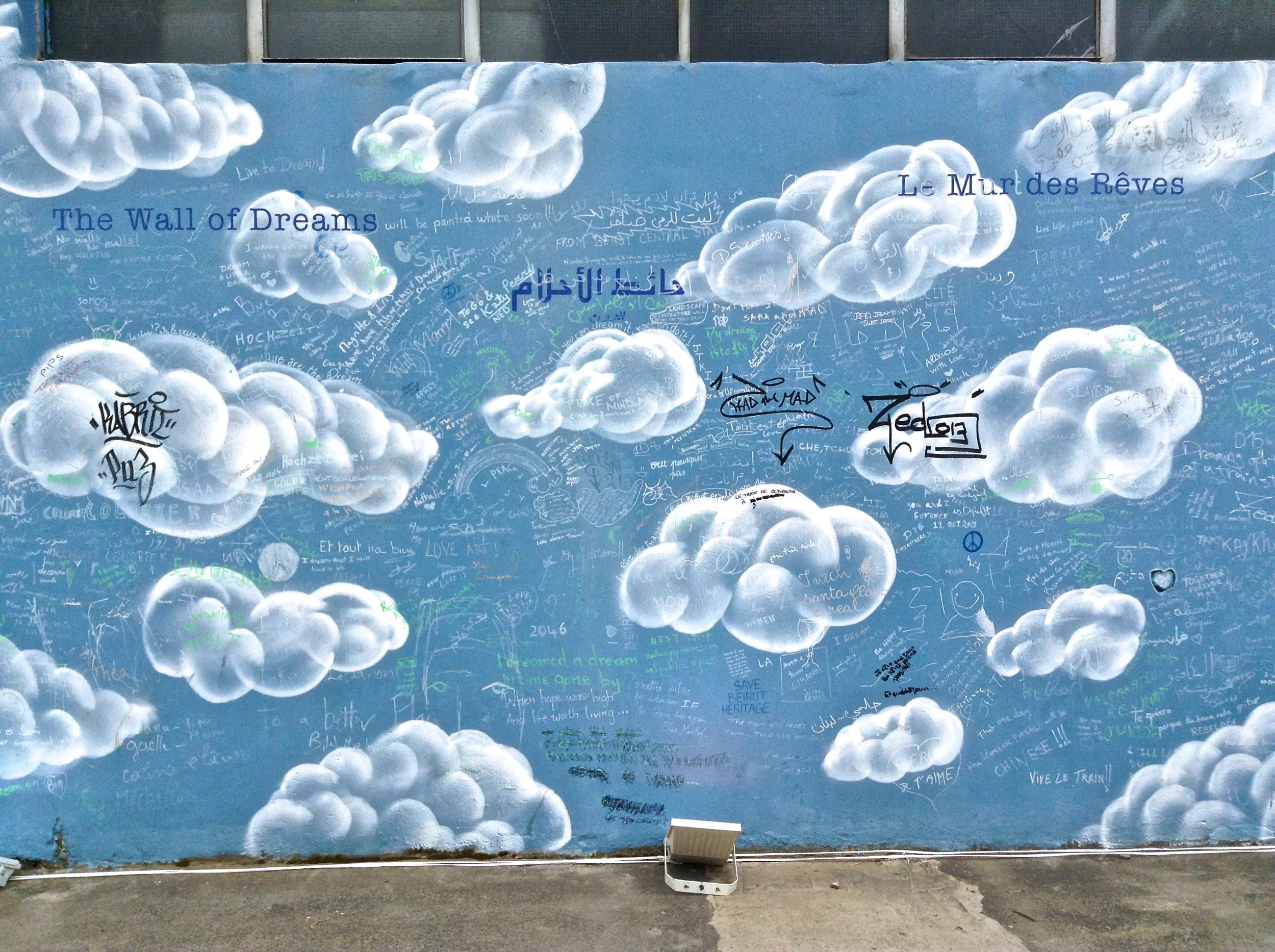Publications
Peer Reviewed Journal Articles
Towards a Beirut School of Critical Security Studies
Forthcoming (2018) in Critical Studies on Security. With Omar Dahi, Samer Abboud, Coralie Pison Hindawi, Waleed Hazbun, Jamil Mouawad, and Sami Hermez. In Critical Studies on Security.
Zombie Doctors, Saw-Scaled Vipers, and Other Incipient Swarms: Reading William Connolly in Dubai
Forthcoming (2018) in Contemporary Political Theory. Critical Exchange on William E. Connolly’s Facing the Planetary: Entangled Humanism and the Politics of Swarming.
Grove, N. “The Cartographic Ambiguities of HarassMap: Crowdmapping Security and Sexual Violence in Egypt.” Security Dialogue, Special issue on Questioning security devices: Performativity, resistance, politics. Vol. 46, No. 4, 2015: 345-364.
Grove, N. “Facebook Bras and #digitalharems: Fantasies of Mimesis and the Transgressions of Aliaa Elmahdy and Amina Sboui.” Globalizations, Special issue on Insurrectional Politics. Vol. 12, No. 6, 2015: 943-956.|
Reprinted in Soguk, N. (ed.). Global Insurrectional Politics. Routledge, 2016.
My first book, Optics of Capture: Platform Desires in an Age of Intervention (in progress), considers how digital infrastructures and the production of user-generated content in the Middle East are appropriated by states, markets, and international organizations alongside gendered logics and practices of securitization, surveillance, and intervention to produce novel geographies of women’s rights, sexual violence, and political participation. I address a number of cases in the manuscript, including the use of mobile apps and crowdsourcing as techniques of sexual security in Egypt; the animation of colonial archives of sexuality and ‘Arabness’ through content filtering and visual arrangements of data on social media; and the political and libidinal economies of digital image production and consumption among women soldiers in the IDF. Rather than simply champion new opportunities for participation in politics and public dialogue through platforms and programs developed by proprietary networks, I consider the circuitous routes by which the region continues to function as a laboratory for new technologies of capital accumulation, security, and gendered and racialized discipline, while also creating novel spaces for more pluralist politics that resist commonsense overtures toward cultural and religious explanations of agency and change.
Book Project 2
'Where awesome never ends': Security, Play, and Convergence in the Gulf
Grove, N. “Playing with the World: The Politics of Miniaturization in the Gulf.” Forthcoming in Salter M. and S. Yao (eds.) How to do Popular Culture in International Relations. Routledge.
(upcoming) “Virtuous Control: Intellectual Security, Smart Games, and Countermeasure in the Making of a New Gulf.” Western Political Science Association Annual Meeting (San Francisco), March 2018.
(upcoming) “Criminality, Simulation, and the Performative Politics of Policing in Dubai.” International Studies Association Annual Conference (San Francisco), April 7, 2018.
“Emergent Infrastructures of Security and Surveillance in the Middle East.” Middle East Studies Association Annual Meeting (Washington D.C.), November 19, 2017.
In 2017, I completed six months of fieldwork divided between the UAE and Qatar for a second major research project funded by the 2016-2017 Fulbright Award in the Middle East and North Africa Regional Research Program. This research considers the spatial and scalar politics of global and local surveillance and securitization as part of the Gulf States’ massive existing and anticipatory entertainment and leisure infrastructures. Rather than read practices and technics of security in these spaces as overdetermined by authoritarian governments in the region, I consider the increasing influence of entertainment and leisure on incipient biopolitical orders in the Gulf, and the asymmetrical effects of technologies of control on the management of life, norms, bureaucratic bodies, national narratives, and in the rescaling of sociality and mobility in these complex, artificial worlds. The project draws on original research and interviews conducted at dozens of theme parks, entertainment complexes, fun zones, convention centers, gaming hubs, parks, and heritage sites to examine how 'fun' organizes geopolitics in the Gulf at multiple spatial and temporal scales, as well as the politics of play within highly-variegated spaces of consumerism, elite mobility, and cultural governance. I am interested in how the investment in entertainment technologies, technologies of security, and the proliferation of artificial landscapes for leisure and living are not simply about creating ‘playgrounds’ for tourists and mobile residents, but rather reflect novel and often unrestrained attempts at creating totalizing conditions for material, technical, geological, social and political convergence.
Project 3
Weapons of Mass Participation: CROWD TECHNOLOGIES AS MODES OF NON-STATE VIOLENT ORGANIZING
Grove, N. “Weapons of mass participation: Social media, violence entrepreneurs, and the politics of crowdfunding for war.” European Journal of International Relations. December 2017.
https://doi.org/10.1177/1354066117744867
Invited workshop: ‘Militarization 2.0’s Days of Engagement: Policy, Practice, Research.’ Sponsored by the Militarization 2.0: Militarization’s social media footprint through a gendered lens Vetenskapsrådet Framework Grant, Stockholm University (Sweden), October 25-27, 2017.
Invited talk: Lund University Internet Institute (LUii) and the Center for Middle Eastern Studies (Sweden), April 27, 2017.
Interview with Britta Collberg for Lund University Magazine, “Frivilliga krigare mot IS – en täckmantel för privat våld.” April 20, 2017.
My third area of research focuses on how crowdfunding platforms, social networking sites, and other forms of participatory media are changing what it means to 'go off to war' in profound ways. Today sites like GoFundMe, IndiGoGo and Facebook allow former military, private contractors, and citizens with no military training to engage in recruitment efforts for modes of non-state violent organizing, to facilitate the purchase of plane tickets, weapons, and armor through individual small-scale donations, and to solicit monetary support upon their return as payment for these self-crafted missions. These activities provide unique insights into contemporary shifts in interpretations of domestic and international laws of war, which I argue can only be partially understood through the literature on the use of private contractors in theaters of combat. Moreover, the use of crowdfunding applications to transcend the ‘collective action’ problem of national security raises important questions about the increasing militarization of so-called ‘citizen’ responses to perceived security threats.





















